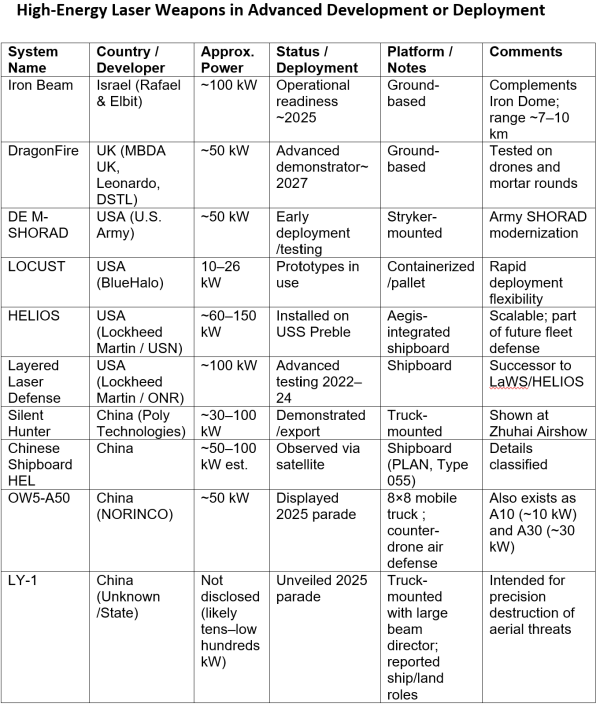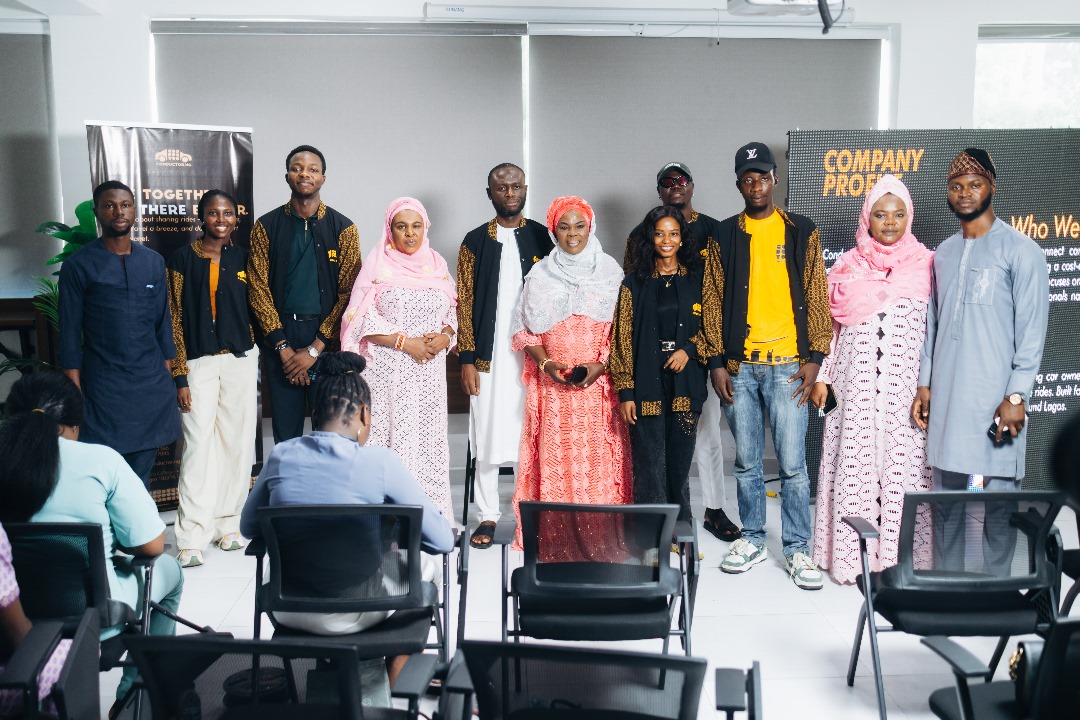
As AI reshapes the business landscape, the role of the CMO is evolving. Today’s CMO aspires to be a strategic growth architect rather than just a brand steward, and embracing AI can help power that transition. By leading the charge for AI adoption and integration into all marketing functions, the CMO’s influence and impact on overall business strategy expand.
Current AI and related technologies have the potential to automate work activities that absorb 60% to 70% of employees’ time today, according to McKinsey research. But AI’s capabilities go beyond productivity. Savvy CMOs will use AI to gather intelligence and insights that—when combined with human creativity—will allow them to optimize performance at scale. With this AI-powered support, CMOs can usher in a “Golden Age of Marketing” and act as orchestrators of human- and data-driven customer-engagement for competitive advantage and measurable impact.
From welcoming agents into the workflow to finding the ideal balance of human empathy and agentic insights, let’s take a look at how AI is reshaping the CMO role.
The CMO at the center of the AI era
AI can provide real-time customer insights, automate repetitive tasks, optimize and adjust campaigns, and measure performance in seconds. So, that leaves CMOs to do what they do best—strategize ways to drive growth across the full customer journey, including how to best implement AI to help power that initiative.
CMOs are uniquely positioned to lead AI strategy for several reasons, including being:
Customer-obsessed: With AI poised to offer better customer experiences, CMOs are the ideal champions for AI tool adoption.
Strong communicators: CMOs can act as natural AI evangelists as they present strong marketing AI use cases to other C-suite leaders. Once they see success, they will want to integrate AI into their functions as well. Because CMOs already collaborate with sales, product, and IT teams, they can become the tip of the spear for the organization’s broader AI strategy and its impact across business imperatives.
Data-driven: CMOs have long worked with martech platforms and data platforms and have relied on analytics for decision-making. This can make AI adoption an easier lift for marketing teams than it might be for other departments.
More importantly, many CMOs say they are up for the challenge and are already embracing AI. A survey by Boston Consulting Group found that three out of five CMOs say they are the driving force behind the funding and investment for all forms of AI in their organizations.
Building the foundation for AI-driven success
To integrate AI efficiently into marketing workflows, the technology must work seamlessly with existing data infrastructure. This makes customer engagement solutions like Braze, built on a foundation of composable intelligence, especially powerful. At Braze, we find that marketers who equip themselves with intelligent models, reinforcement learning capabilities, agents, and interactive operators can deliver smarter, faster, and more relevant engagement at scale. CMOs who bring AI agents into their workflows and customer journeys—and assign business metrics (revenue, churn, upsells) as goals to their AI decisioning models—become true orchestrators of personalized, high-impact experiences. In doing so, they turn context and composable intelligence into mutually valuable interactions ultimately leading to a lasting strategic advantage.
For example, one Braze customer needed to engage a diverse audience of sports fans. By using AI to deliver hyper-personalized, 1:1 experiences across channels and optimizing messages, timing, and promotions for every subscriber, they achieved measurable results, including double-digit growth in subscriptions and a 105% increase in cross-selling.
By orchestrating this AI-powered transformation, CMOs are not just shaping customer engagement, they’re shaping competitive advantage and long-term enterprise value.
Leading teams and earning trust in the AI age
Another core function for CMOs moving forward will be to recalibrate workflows so that humans and AI can work in tandem, as well as oversee and advocate for the team upskilling and training that this transition requires. Investing in teams is critical—not only to cut through the noise surrounding AI, but to ensure employees have the confidence and context to use it effectively.
Leading by example is also important, which is why CMOs must stay abreast of the latest AI capabilities so they can continue to innovate and provide their creative team with the best tools possible. To that point, a Forrester survey found that nearly all (91%) respondents said their CMOs prioritize making time to learn about AI. Many organizations are also establishing formal learning opportunities—for instance, Braze offers an AI Fundamentals Certification to support both employees and customers in building their skills.
The other leadership aspect will be figuring out how and when it will be necessary to reconfigure teams to form the ideal hybrid human and machine team. “There’s a recognition in marketing, but really across all functions, that organizations that win will be those where people plus agents are working hand in hand,” said Shelley Stewart III, a McKinsey senior partner, during a recent episode of The McKinsey Podcast.
Finally, it’s up to CMOs to wield AI powers responsibly at a time when audiences remain skeptical about where this new tech frontier may lead. Developing audience trust, maintaining brand authenticity, and leading with human creativity will be the top differentiators in an AI-saturated landscape.
Charting the path forward
When it comes to AI-driven growth and transformation, the CMO can serve as the “center of gravity,” keeping teams grounded to the brand mission and goals. Because CMOs have a unique insight into the full customer lifecycle, they are well-positioned to help make strategic decisions about where AI can be most impactful for driving better business outcomes.
Embracing an AI leadership role as CMO will not only help elevate marketing within the organization, but it can also secure a crucial seat at the enterprise strategy table. In exciting times like these, there has never been a better time to be a better marketer.
—
Astha Malik is a seasoned executive with over 20 years of experience in brand building and revenue acceleration. Since joining Braze in June 2022, she has been instrumental in driving marketing strategies. Previously, she held key leadership roles at VTEX, Zendesk, and Citrix, where she championed innovation and growth in the tech sector.



